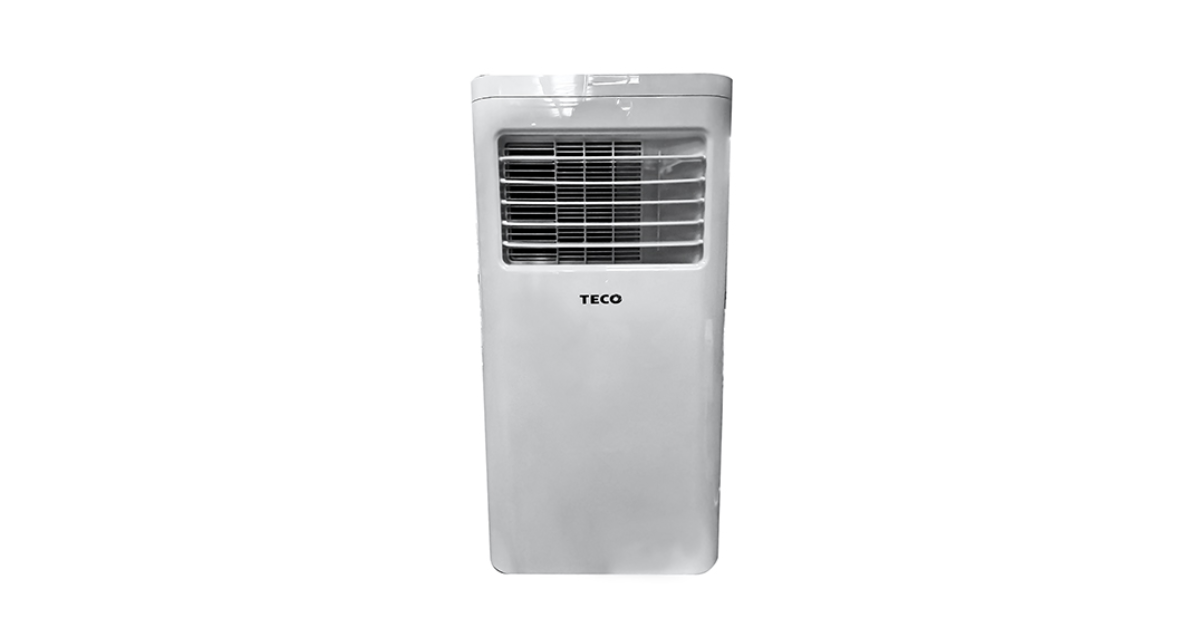Understanding 1 Ton of Air Conditioning: What You Need to Know
When it comes to choosing the right air conditioning (AC) system for your home or office, one of the most important factors to consider is the size and cooling capacity of the unit. One of the most common capacities you’ll come across is 1 Ton. But what exactly does “1 Ton Of AC” mean, and how does it affect the efficiency of your AC?
What Does 1 Ton of AC Mean?
The term “Ton” in air conditioning doesn’t refer to the weight of the unit, but rather its cooling capacity. One Ton of air conditioning is equivalent to the ability to cool 12,000 BTU (British Thermal Units) per hour. This is a standard measure used to gauge the cooling power of an AC unit. A 1 Ton AC unit is generally suitable for rooms that are about 100-150 square feet, depending on various factors like insulation, sunlight exposure, and the number of electrical appliances in the room.
How to Determine if 1 Ton AC is Right for You
When choosing an air conditioner, the size of the room plays a crucial role in determining the correct capacity. A 1 Ton AC is ideal for small to medium-sized rooms. Here are a few factors to consider when deciding if this capacity suits your needs:
- Room Size: The general rule of thumb is that for every 100 square feet of room, you need approximately 1 Ton of cooling power. However, if your room has a lot of windows, high ceilings, or poor insulation, you may need a more powerful unit.
- Climate: If you live in a region with a hot climate, the cooling requirements might be higher. Similarly, in a cooler climate, a 1 Ton AC might be sufficient.
- Insulation and Heat Sources: The more heat your room is exposed to, whether from sunlight, electronic devices, or cooking appliances, the larger the cooling capacity you will need. A well-insulated room will require less cooling power.
Efficiency and Energy Consumption
A 1 Ton air conditioner is considered to be a highly energy-efficient option for smaller spaces. The energy consumption is generally lower compared to larger capacity units, which is an important consideration for both your electricity bills and the environment. With modern inverter technology, 1 Ton AC units can maintain a consistent temperature while consuming less energy, making them a good choice for long-term savings.
Benefits of a 1 Ton AC Unit
- Compact and Space-Saving: A 1 Ton unit is perfect for smaller homes and offices, occupying minimal space while offering optimal cooling.
- Cost-Effective: Generally, 1 Ton AC units are more affordable compared to their larger counterparts. The initial investment is lower, and the operating costs tend to be more economical.
- Environmentally Friendly: Smaller AC units often consume less energy, which helps reduce your carbon footprint. In addition, many 1 Ton units are designed to be more environmentally friendly by using refrigerants with a lower environmental impact.
- Quick Cooling: With a 1 Ton AC, you can expect rapid cooling for small to medium-sized rooms, making it ideal for quick comfort in bedrooms, kitchens, or small offices.
Key Features to Look For in a 1 Ton AC
When shopping for a 1 Ton air conditioner, be sure to check for the following features:
- Inverter Technology: This helps in reducing electricity consumption by adjusting the compressor speed according to the temperature, leading to smoother, quieter operation.
- Air Purification: Many modern ACs come with air purifiers and filters that help remove dust, allergens, and pollutants from the air, improving indoor air quality.
- Smart Features: Some units come with Wi-Fi connectivity, allowing you to control your AC remotely through a smartphone app. This adds convenience and energy savings, especially when you can adjust settings before entering the room.
- Silent Operation: Noise levels vary across different models, and choosing a unit that operates quietly can make a significant difference, especially in bedrooms or study areas.
Conclusion
A 1 Ton air conditioner is an excellent choice for small to medium-sized rooms, offering a perfect balance between cooling efficiency, energy consumption, and affordability. By selecting the right capacity and considering your specific needs, you can enjoy a comfortable and energy-efficient indoor environment throughout the year.







